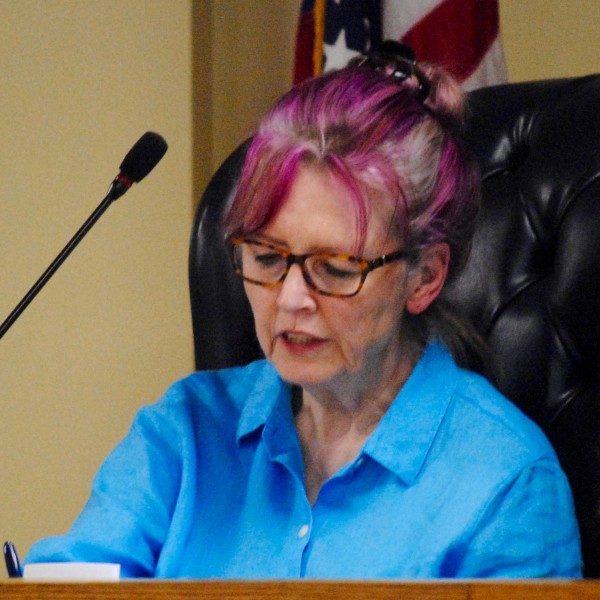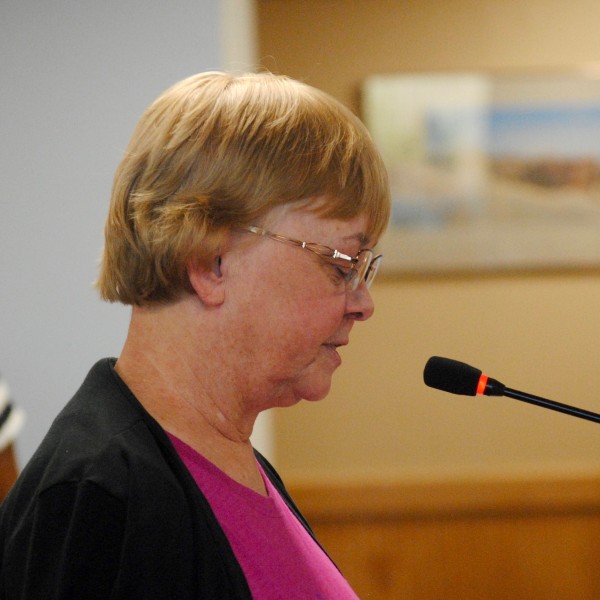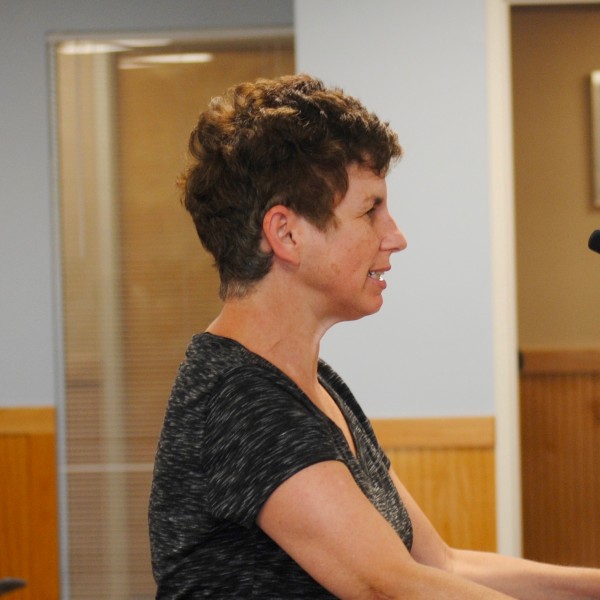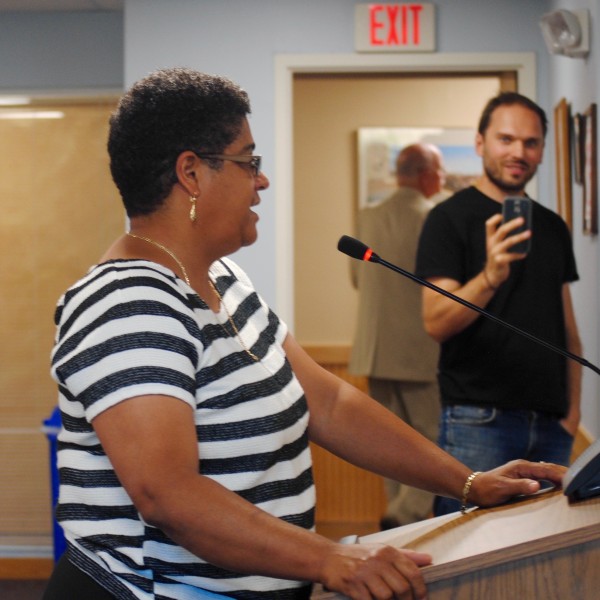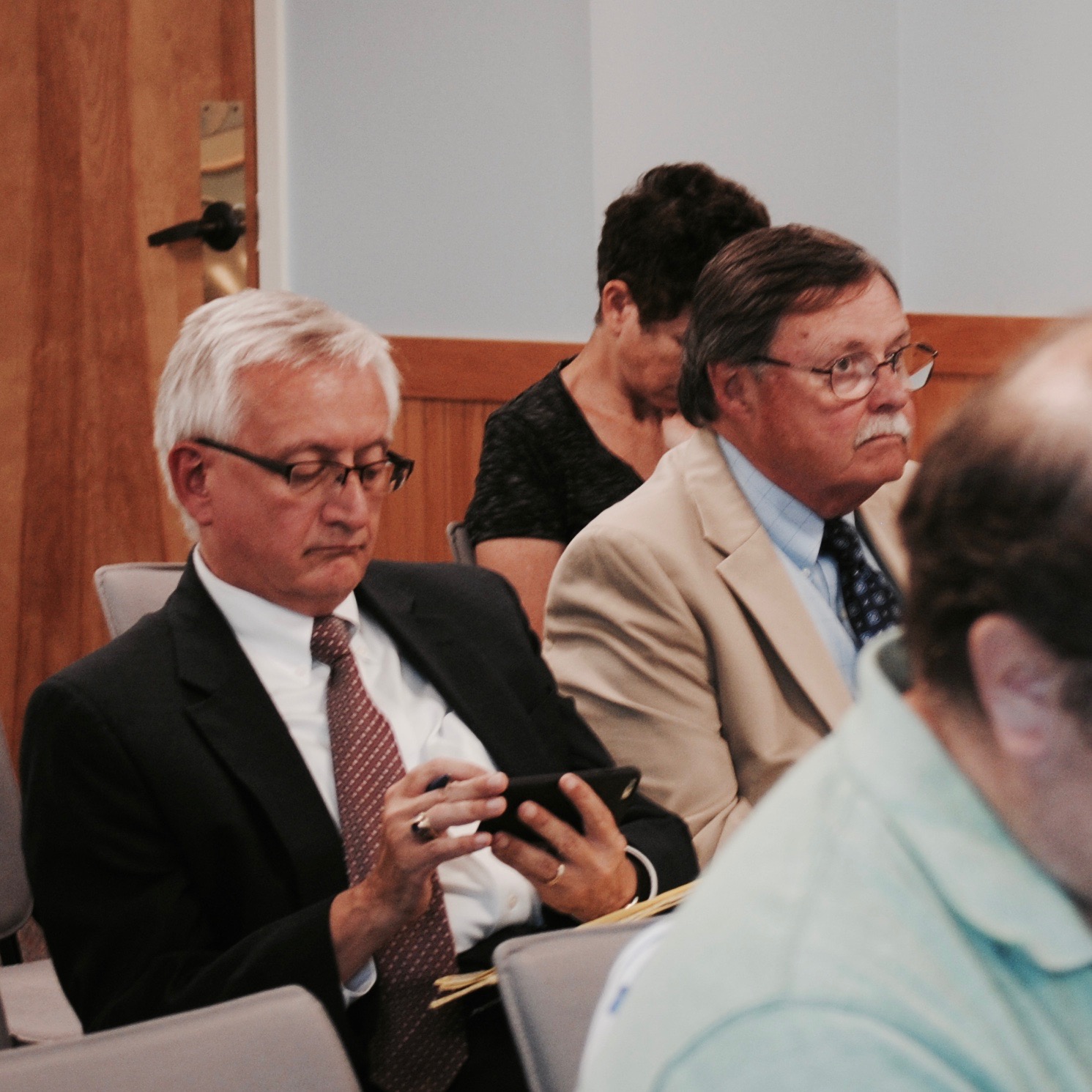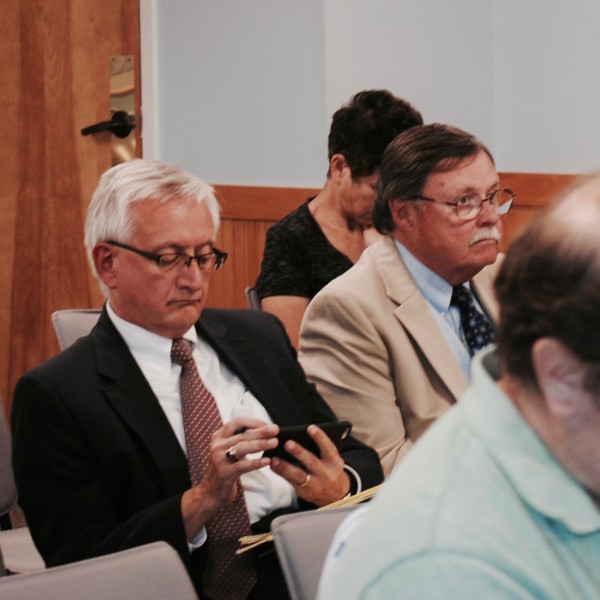
National Grid is requesting that the Rhode Island Public Utilities Commission (RIPUC) approve a 20-year gas capacity contract” with Algonquin Gas Transmission Company LLC (Algonquin) for natural gas transportation capacity and storage services on Algonquin’s Access Northeast Project (ANE Project).”
The multinational energy conglomerate not only wants Rhode Island ratepayers to subsidize the construction of fracked gas infrastructure, they want consumers to ensure that the project is profitable for the company.
Part of National Grid’s 572 page application includes “a Capacity Cost Recovery Provision tariff, which allows the Company to recover all incremental costs associated with the ANE Agreement, as well as the Company’s proposed financial incentive.” Understand that when National Grid says “financial incentives” they are talking about company profits.
The logic that National Grid is using to claim the right to tariffs is that the RIPUC has allowed such charges when it comes to “long-term renewable electricity for retail customers from wholesale power providers.” [emphasis added] In other words, because the government has taken an interest in expanding renewable energy sources like wind and solar, and allowed tariffs to support these efforts, National Grid argues that it should be allowed similar considerations for fossil fuels such as fracked gas.
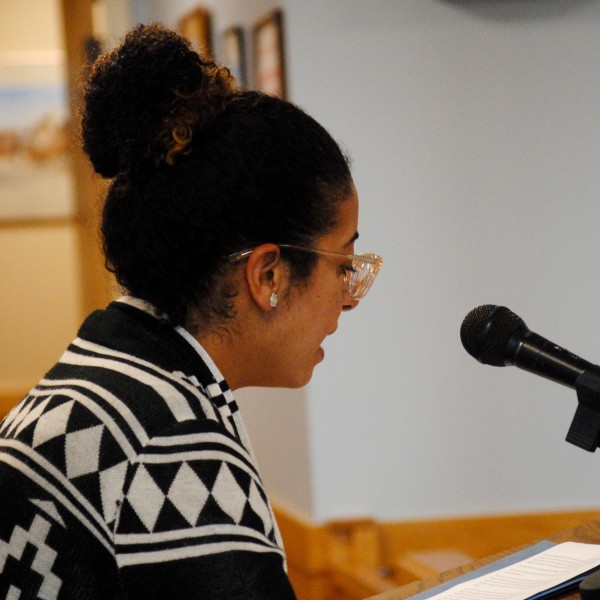
National Grid owns a 20 percent stake in the ANE Project, so Rhode Islanders will be ensuring that the company generates a profit as they buy fracked gas from themselves if the RIPUC approves this request.
A similar tariff stalled in the Massachusetts legislature, where the state Senate unanimously rejected the idea but the session ended before a House vote. The Massachusetts Supreme Court is deciding on the validity of the tariff, since the Massachusetts PUC approved the idea.
National Grid also asked that their request be approved “as expeditiously as possible,” meaning that they want the decision fast tracked. As a result, the public comment meeting held last night at the RIPUC offices in Warwick was the first and last opportunity for public comment, unless RIPUC commissioners Margaret Curran and Herbert DeSimone III decide to hold another public comment meeting. (The third member of the RIPUC board, Marion Gold, has recused herself.) Written comment can be sent to thomas.kogut@dpuc.ri.gov. Mention that you are commenting on Docket No. 4627.
The first speaker of the night, Doug Gablinske of The Energy Council of New England (TEC-RI), was also the only speaker in favor of the idea. Gablinske called the project “a novel approach” and said that “it’s good for ratepayers, for employees, for employers and for business.”

From there, things went downhill pretty quickly.
Calling the tariff an “unprecedented charge” Priscilla De La Cruz of the People’s Power and Light called on the RIPUC to reject National Grid’s request. “Why should consumers take on the risk of a new, unnecessary gas pipeline?” De La Cruz maintained that the entire idea conflicts with the goals of the 2014 Resilient Rhode Island Act. (You can read De La Cruz’s full testimony here.)
Lynn Clark came down from Burrillville, wearing her “No New Power Plant” tee shirt to argue against the proposal. She said that allowing National Grid to pass the costs of their LNG project onto consumers adds “insult to injury” to everyone living in her part of the state.
Other states did comprehensive studies before considering pipeline tariffs, said Nick Katkevich of the FANG Collective, who has been fighting pipeline projects in and around Rhode Island for three years. Massachusetts and Maine have both produced studies that concluded that pipeline tariffs are a bad idea, said Katkevich. “It’s shameful that National Grid wants to have guaranteed profits as part of this,” said Katkevich. “They don’t care about people. They don’t care about people’s utility rates… if they did they wouldn’t put guaranteed profits in there.”
“No one wants these pipelines,” said Katkevich, “across the region people are resisting the first of the three Spectra expansions… There have been 240 people arrested as part of direct action in New York, Connecticut, Rhode Island and Massachusetts.”
If you have an opinion on this project, you can send it to Luly.massaro@puc.ri.gov. Mention that you are commenting on Docket No. 4627.
Below find all the testimony from the hearing.

